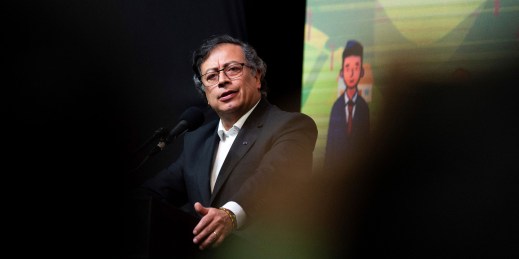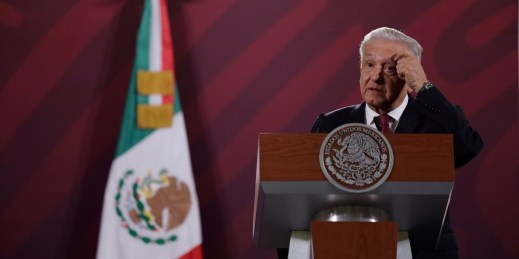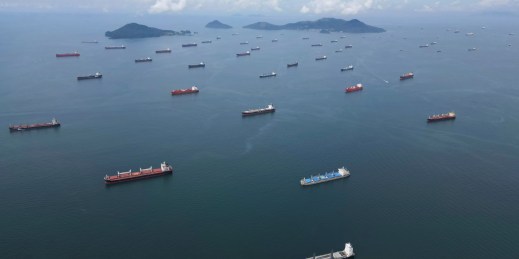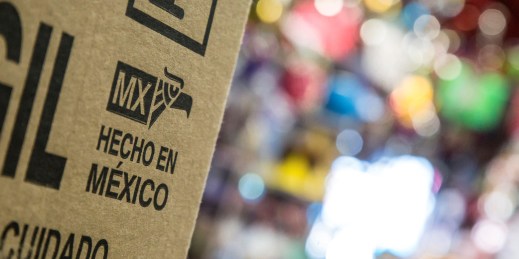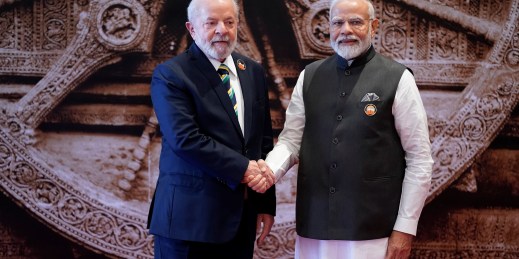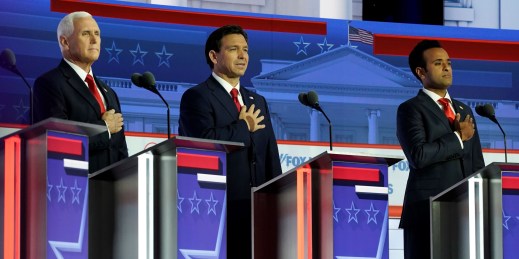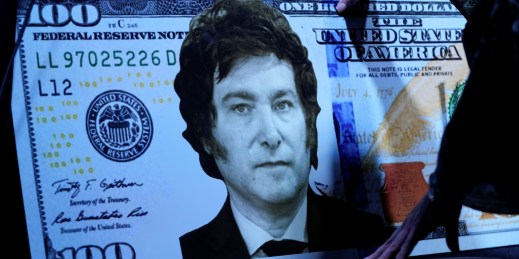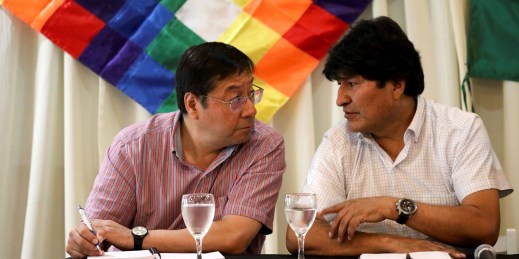
Evo Morales declared he would run in Bolivia’s next presidential election as the candidate for the ruling MAS party—two years before the ballot and before MAS had even held its primary. It is the latest gambit in Morales’ increasingly bitter struggle with President Luis Arce, as both seek to lead the party into the 2025 election.

